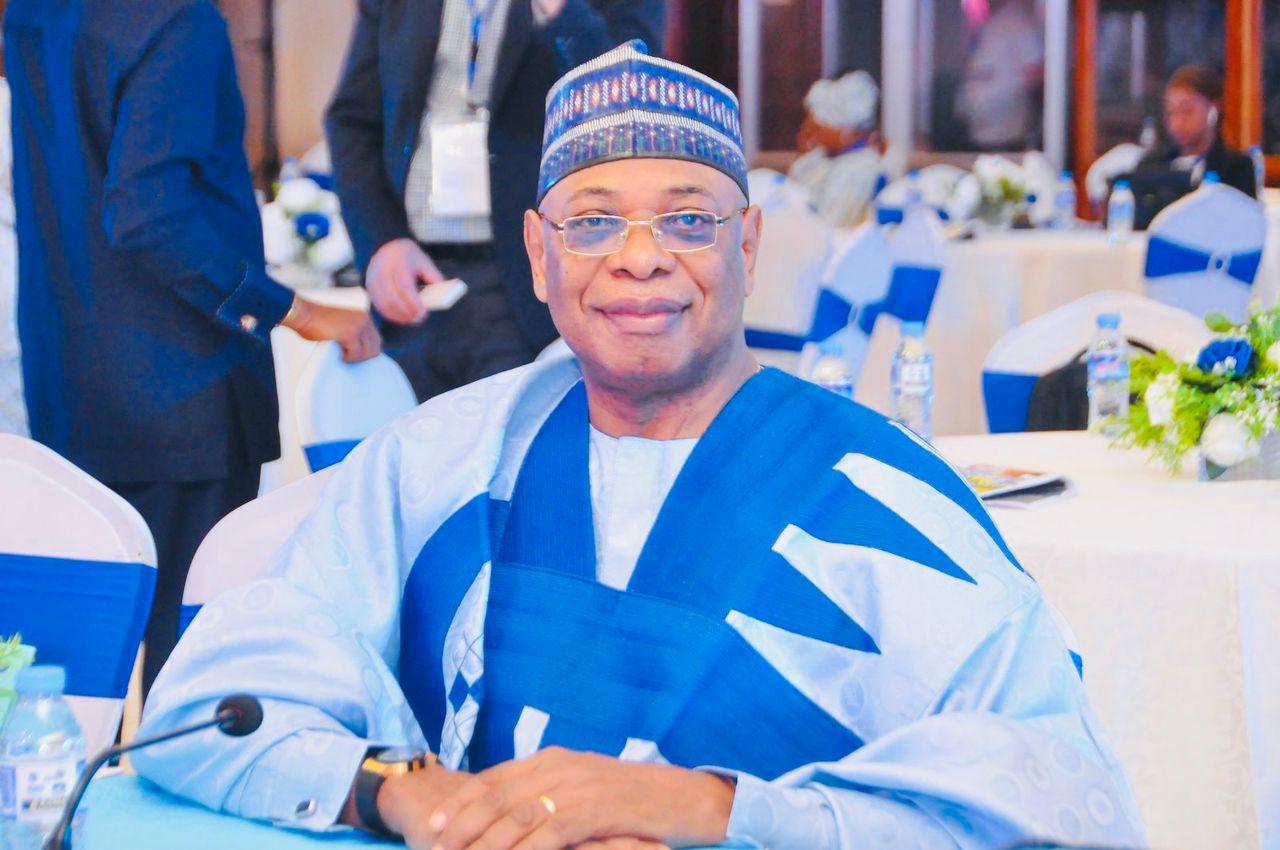
The Secretary General of the Maritime Organization of West and Central Africa (MOWCA), Dr. Paul Adalikwu has called on African maritime nations to unite and act decisively to secure, enable, and transform the continent’s maritime future.
He made the call while delivering a keynote address at the 8th Conference of the Association of African Maritime Administrations (AAMA), held in Monrovia, Republic of Liberia, from September 30 to October 3, 2025.
Speaking on the theme “Africa Maritime Governance: Securing, Enabling and Transforming Our Maritime Future,” Dr. Adalikwu underscored the critical importance of effective maritime governance as the bedrock of Africa’s economic transformation and continental integration.
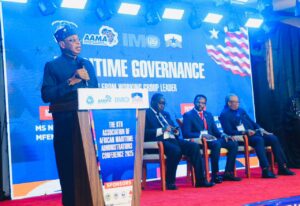
While announcing that the organisation marked its 50th anniversary in May 2025, describing it as a landmark milestone in the history of African maritime cooperation, he said a formal celebration will be announced in due course as he told the delegates, noting that the golden jubilee is an opportunity to reflect on MOWCA’s achievements and renew its commitment to regional integration and maritime excellence.
Dr. Adalikwu said the conference theme presented both a challenge and an opportunity for Africa to rise above fragmented efforts and speak with one voice in global maritime affairs. “The strength of Africa lies not in division, but in the bonds of solidarity that transcend borders, politics, and perceptions,” he declared, quoting Emperor Haile Selassie’s words that “unity is strength.”
Highlighting Africa’s immense but underutilized maritime endowment, he observed that of the continent’s 54 countries, over 38 are coastal states with a combined Exclusive Economic Zone exceeding 13 million square kilometres, a vast blue economy space endowed with mineral wealth and vital marine resources.
He outlined three strategic pillars that must underpin Africa’s maritime revival securing the maritime domain, enabling its economic potentials, and transforming it into a cohesive and globally influential force.
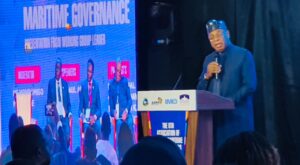
On maritime security, he stressed that prosperity cannot exist without safety at sea. He called for enhanced domain awareness through real time surveillance systems, harmonized maritime laws to eliminate safe havens for criminals, and greater political commitment to ratify and domesticate key international conventions such as STCW, SOLAS, and MARPOL. He emphasised that maritime law enforcement must be strengthened through investment in modern equipment and training, while regional collaboration under frameworks like the Yaoundé Architecture and MOWCA’s cooperative structures should be deepened.
On enabling maritime potentials, Adalikwu described human capital as the continent’s most valuable maritime resource. He urged sustained investment in institutions like the Regional Maritime University to produce African-driven research and innovation on emerging issues such as decarbonisation. He also emphasised the need for digitalisation and simplification of port and shipping processes, saying the adoption of single window systems and electronic navigation would enhance efficiency and reduce corruption.
He further advocated for Public-Private Partnerships (PPP) as a pathway to financing maritime infrastructure, noting that “government resources alone cannot shoulder the huge financial requirements of port modernization, shipbuilding, aquaculture, and marine renewable energy.”
Speaking on the third pillar, transforming Africa’s maritime future, he said the continent must move beyond managing the present to building a visionary maritime legacy. He urged Africa to become a “rule-maker” rather than a “rule-taker” in international maritime policy and to speak with a unified voice at the International Maritime Organisation (IMO) and other global platforms.
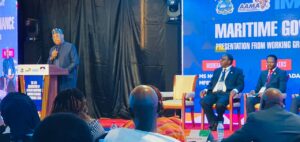
He announced MOWCA’s proposal for the establishment of an African Maritime Governance Framework (AMGF) a continental mechanism that would harmonize policies, strengthen collaboration among regional maritime bodies, and align Africa’s maritime governance with the African Union’s Agenda 2063, the 2050 Africa Integrated Maritime Strategy, and the Lomé Charter.
Drawing a parallel with the European Maritime Safety Agency (EMSA), he said Europe does not always agree on everything, but they found it expedient to come together for the greater good. Africa must do the same.
Dr. Adalikwu revealed that MOWCA would share a detailed proposal on the AMGF with the AAMA Secretariat after the conference, outlining a consensus driven roadmap, governance structure, and resource mobilization plan. The framework, he said, aims to establish Africa as a unified, credible voice in global maritime governance.
He reaffirmed MOWCA’s two fundamental goals fostering intergovernmental cooperation in maritime and transit transport, and addressing common challenges in shipping services, safety, and environmental protection. While acknowledging that the journey toward maritime transformation would be long and demanding, he maintained that it was achievable through collective will and integrity of purpose.
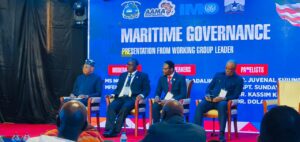
Quoting the late Thomas Sankara, Dr. Adalikwu closed with a rallying call: “The future of our peoples lies in our unity and solidarity. Without our unity, our dreams of development will remain nothing but mirages.”






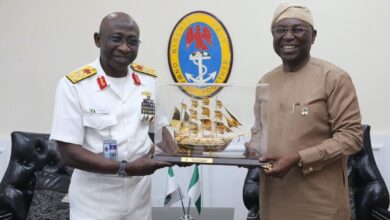
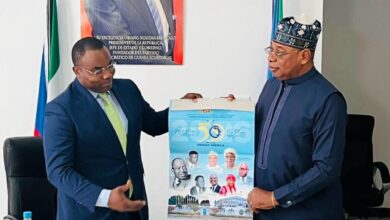
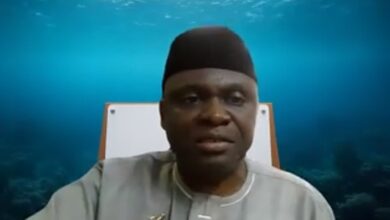
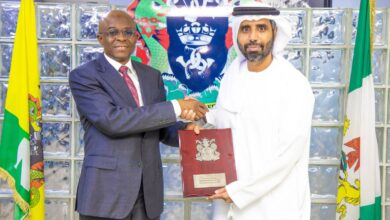
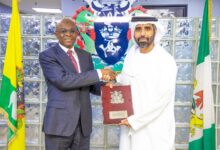
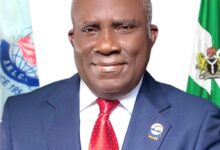
One Comment